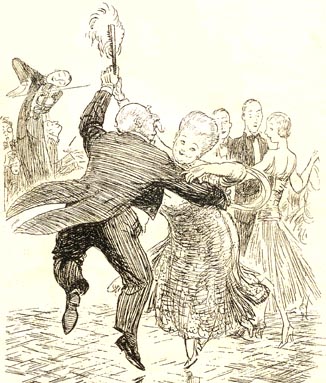Chiropractic in Global Health and Wellbeing
Chiropractic in Global Health and Wellbeing: A White Paper Describing the Public Health Agenda of the World Federation of Chiropractic
SOURCE: Chiropractic & Manual Therapies 2018 (Jul 17); 26: 26
Michele Maiers, Mustafa Agaoglu, Richard Brown, Christopher Cassirer, Kendrah DaSilva, Reidar P. Lystad, Sarkaw Mohammad, and Jessica J. Wong
Northwestern Health Sciences University,
2501 W 84th St,
Bloomington, MN 55431 USA.
The World Federation of Chiropractic supports the involvement of chiropractors in public health initiatives, particularly as it relates to musculoskeletal health. Three topics within public health have been identified that call for a renewed professional focus. These include healthy ageing; opioid misuse; and women’s, children’s, and adolescents’ health. The World Federation of Chiropractic aims to enable chiropractors to proactively participate in health promotion and prevention activities in these areas, through information dissemination and coordinated partnerships. Importantly, this work will align the chiropractic profession with the priorities of the World Health Organization. Successful engagement will support the role of chiropractors as valued partners within the broader healthcare system and contribute to the health and wellbeing of the communities they serve.
KEYWORDS: Ageing; Chiropractic; Opioid; Public health; children’s health; women’s health
From the Full-Text Article:
Background
There are more articles like this @ our:



